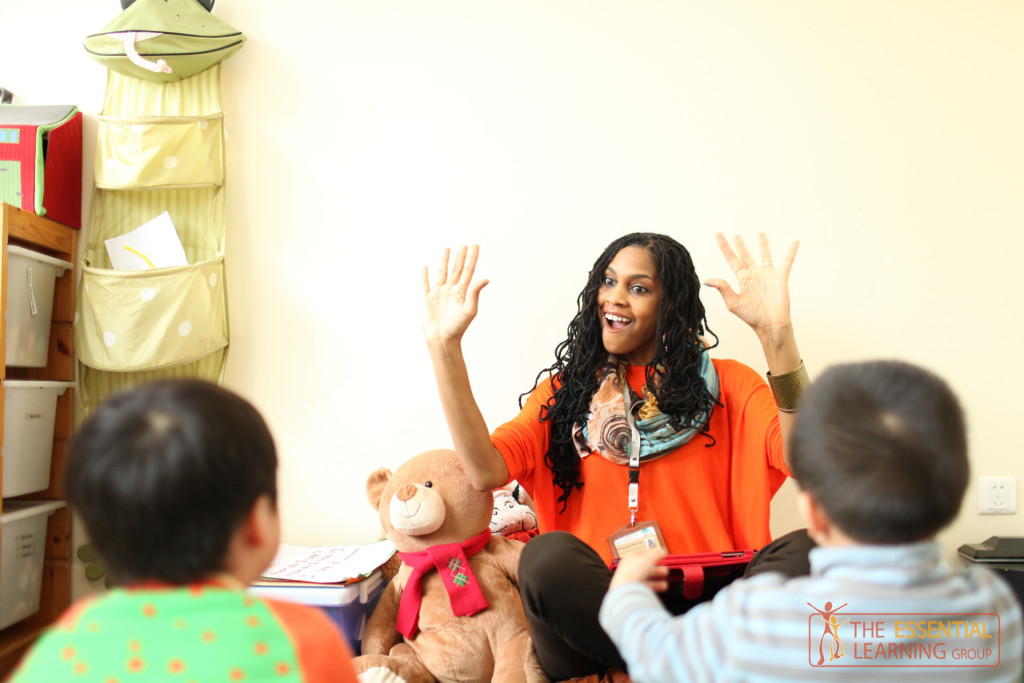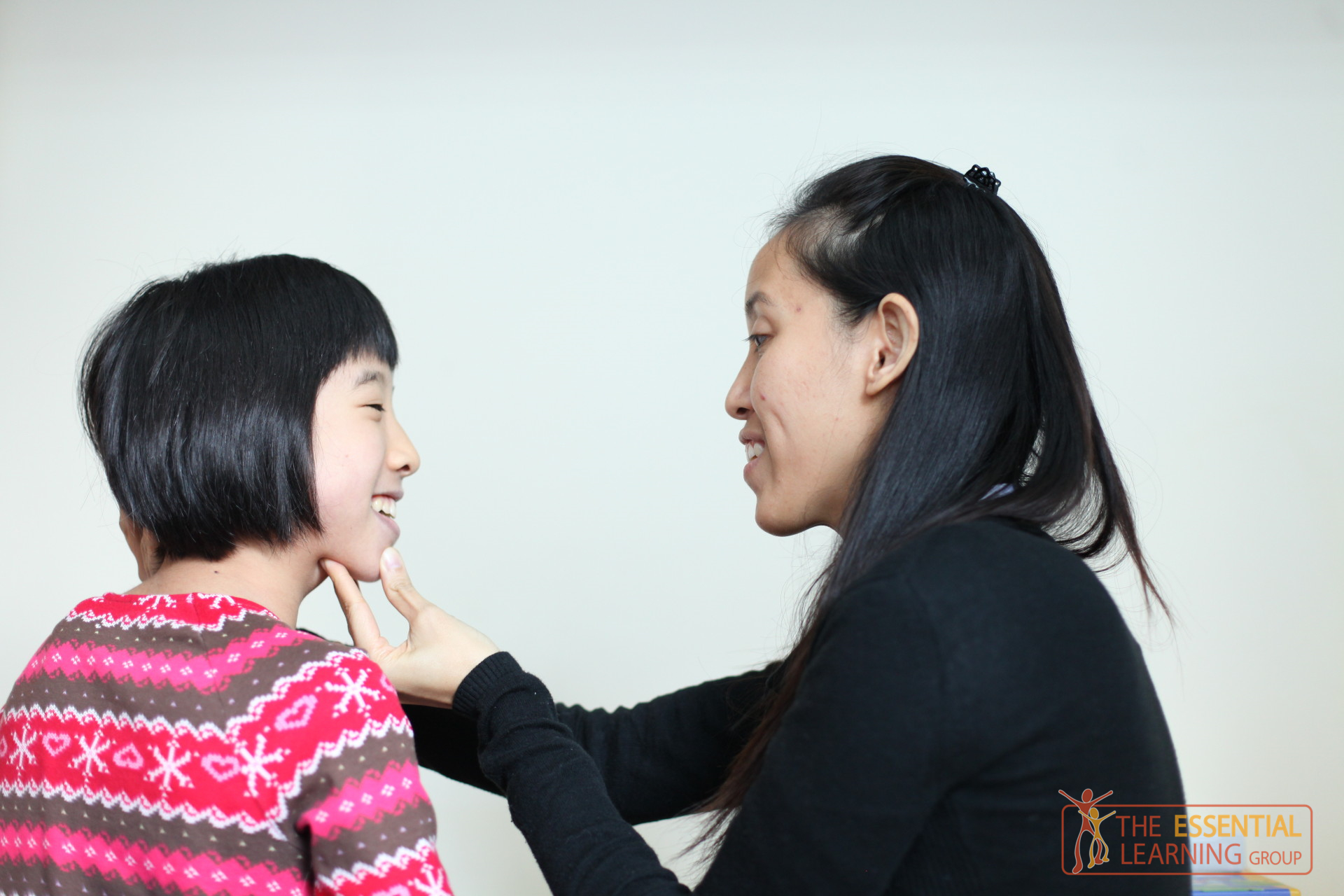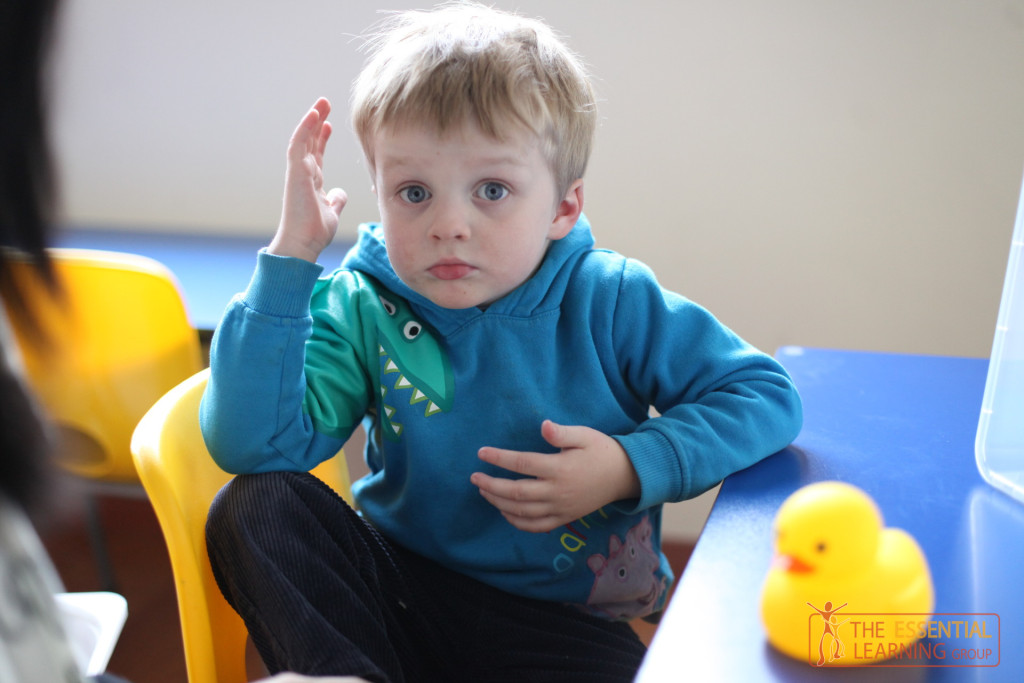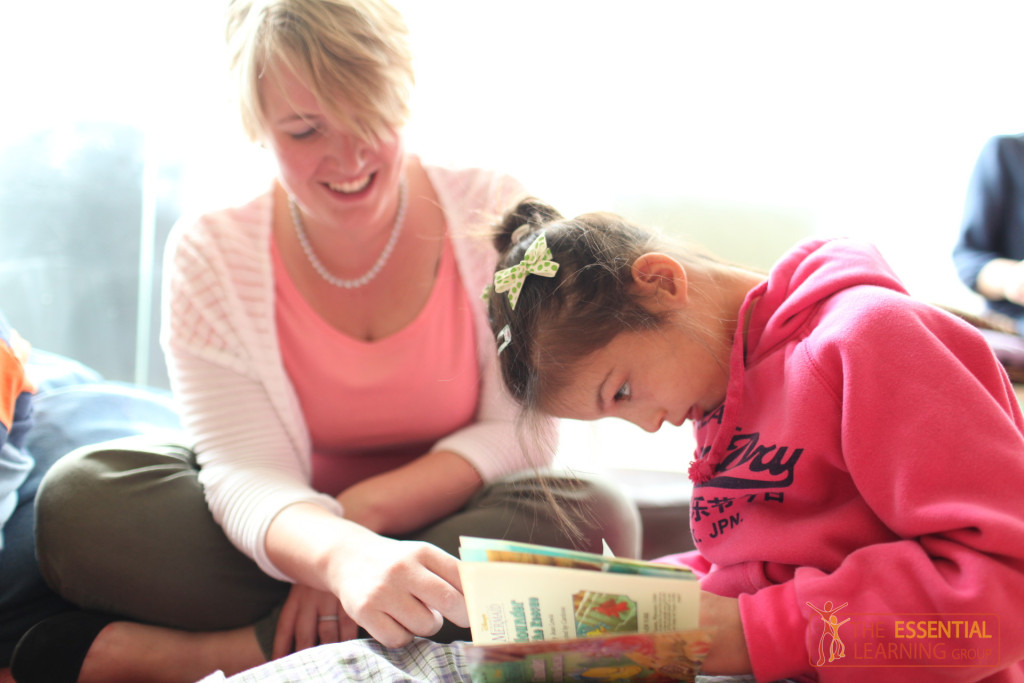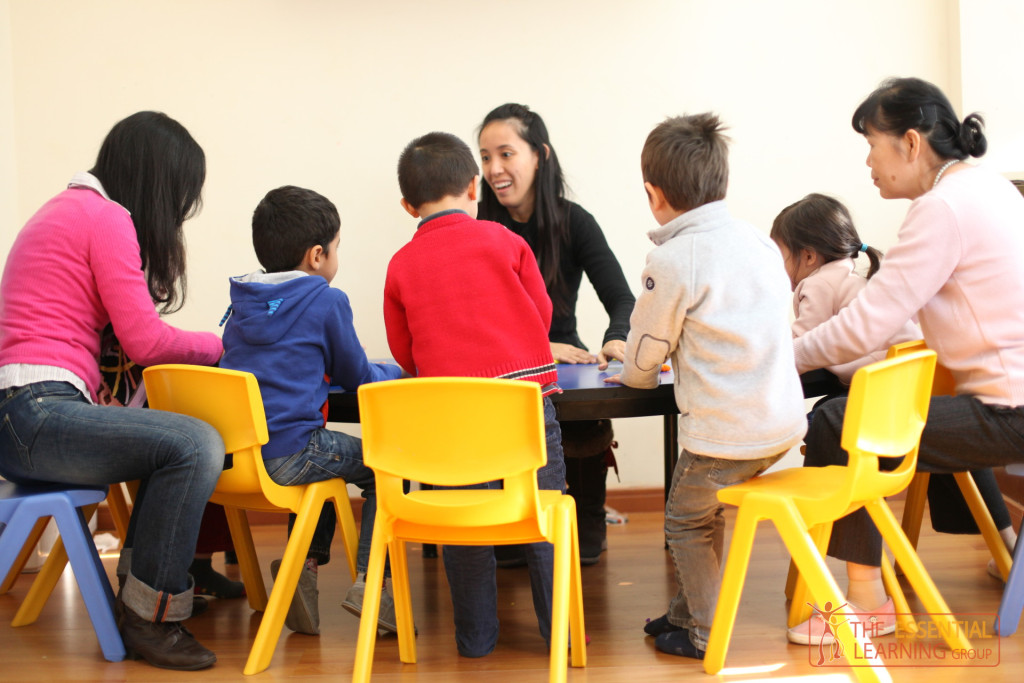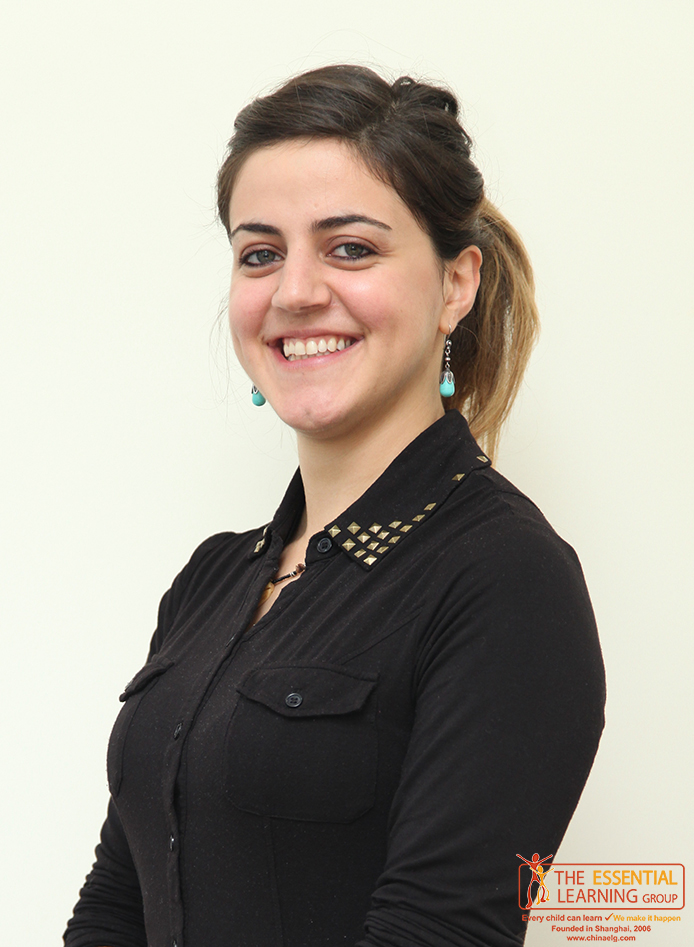Speech Therapist Reyhaneh Rajabzadeh‘s tips for promoting language development in toddlers. First installment of her new monthly column, Time for Speech!
Listening to your child build vocabulary and describe their world and their feelings is exciting. It can also be worrisome when your child struggles to communicate their thoughts and articulate what they want and don’t want. The list below comprises of daily activities you can do that encourage and promote language development. Every child can benefit from these tasks, regardless of whether or not they are experiencing developmental language delays.
Start early; most words are acquired by age 2 or 3, so you don’t want to wait until then. Unlike other skills, language learning is very holistic, you do not need to concentrate on specific aspects of language, rather incorporate language development in everyday tasks.
These strategies are also very beneficial to children in dual language environments.
1. Limit the number of Yes or No questions you ask your child.
Yes/No questions, such as, “Do you want a pencil?” do not allow the child to practice wider language skills, as they can always be answered with just two words: Yes or No. Turning Yes/No questions into open-ended questions, such as, “Do you want a pen or a pencil?” not only exposes the child to a greater variety of words and concepts but also requires the child to use more words to answer the questions.
2. Ask a question, then pause.
Children are often bombarded with multiple consecutive questions, as this is sometimes our natural way of communicating. But asking too many questions at once does not give the child a chance to process the questions or respond to each individual one. Children in general have slower processing, and children with language delays or learning difficulties may need even more time to process. Give your child time to think and formulate a response by asking one single question and then pausing. Pausing can feel difficult but it is amazing to see how children respond if they are given enough time. We like to call this “The Power of the Pause”.
3. Turn some questions into comments.
Turning questions into comments exposes the child to richer language. When playing with your child, comment on what he/she is doing. Rather than asking, “What is the frog doing?” you can say, “The frog is jumping on the log.” This exposes the child to basic language structures that they need to develop and helps them associate words and concepts with their play items. Sometimes it feels like questions challenge the child to produce language, but the reality is that comments help facilitate language development and help the child use language quicker.
4. Select books and songs that rhyme and repeat.
Books and songs with repetitive phrases help the child follow along and participate in the activity. Rhyming helps children with word prediction and fosters the growth of new words and sound patterns. Song melodies also help children sing along, helping them use more language.
5. Set up play dates with other children.
Giving your child the opportunity to interact and play with children around the same age is important in exposing them to language that is age-appropriate and getting them to use the language as well. All children can benefit from a break from adults and adult language. Play dates not only support the development of their language but also support their social skills.
Through all of this, if you have any concerns about your child’s language development, my strongest recommendation is to bring your child in for a short screening with a speech language pathologist. A screening is a quick way to have another pair of eyes and ears observe your child’s language development and make recommendations. A consultation or a screening can expand your support system and can provide many benefits to your child, and always remember that the earlier the intervention, the more effective. Try these strategies at home and let us know about your experiences!
Reyhaneh Rajabzadeh, M.S.
Speech-Language Pathologist
Reyhaneh is a Speech-Language Pathologist at The Essential Learning Group with experience in bilingual therapy, and is able to work with children in English, Spanish, and Farsi. She has a holistic, family-focused approach and works with families directly to educate and involve them in the therapeutic process.

